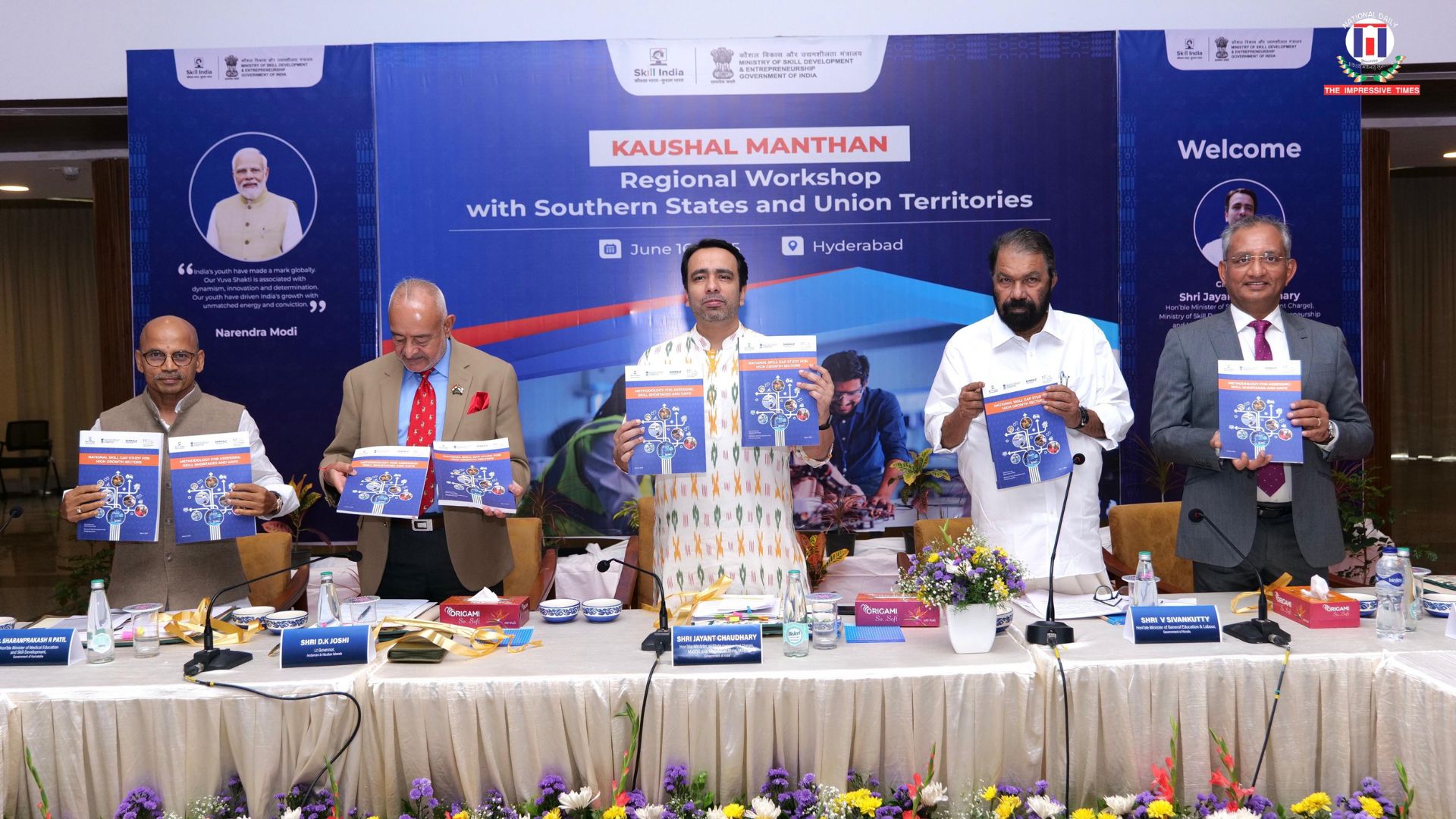
Hyderabad, June 16– At the Kaushal Manthan Regional Workshop held at Kanha Shanti Vanam in Hyderabad, Union Minister Jayant Chaudhary made a compelling case for moving away from outdated, rigid training models. “Skill development needs to be flexible and locally tailored,” he emphasized, urging states to focus on region-specific strategies that reflect local economic needs and youth aspirations.
To reinforce this vision, the Minister announced the setting up of two Centres of Excellence (CoEs) at the National Skill Training Institutes in Hyderabad and Chennai. These are part of five such centres being developed across the country and are expected to become key hubs for advanced instructor training and industry-aligned skilling in cutting-edge domains.
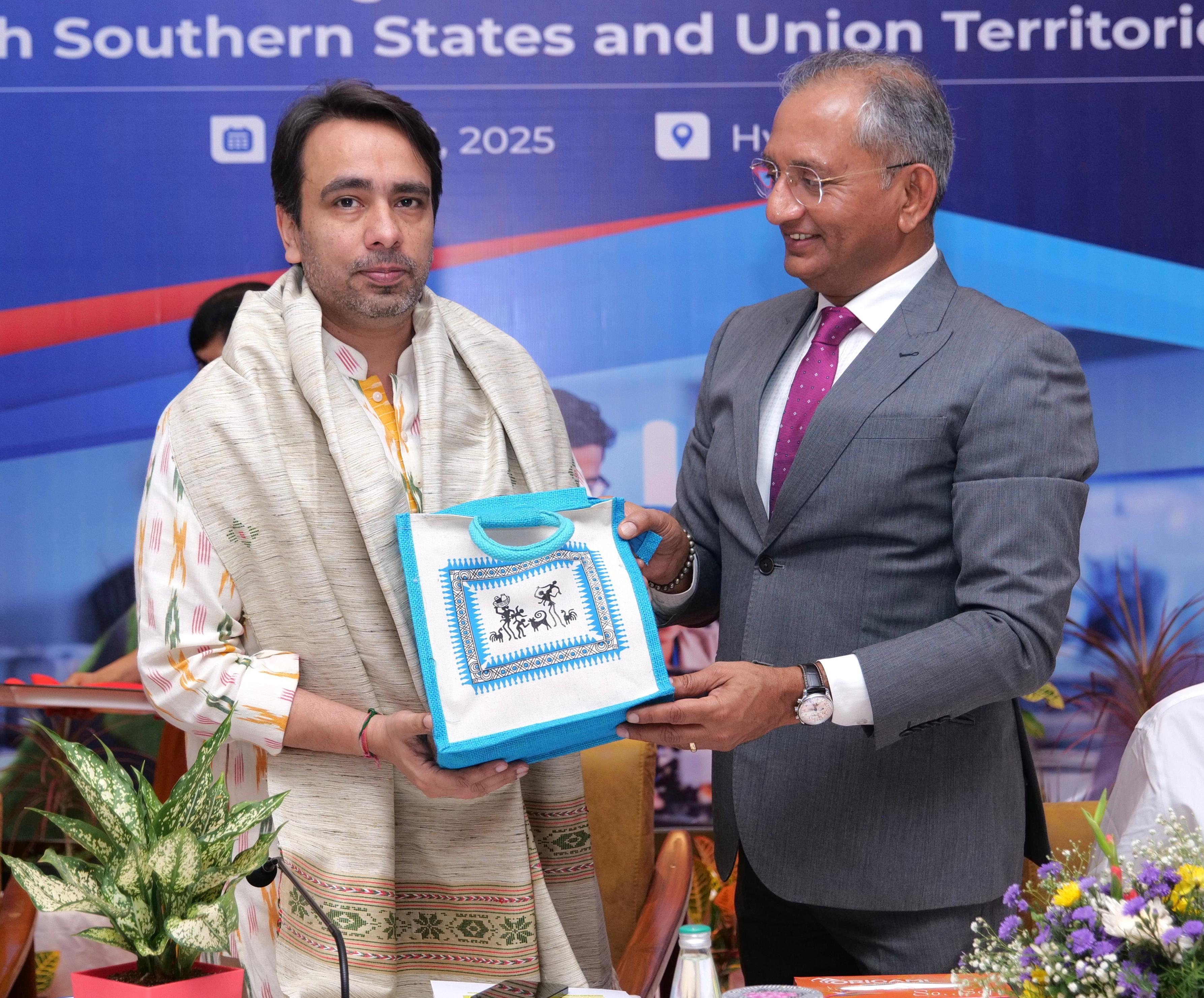

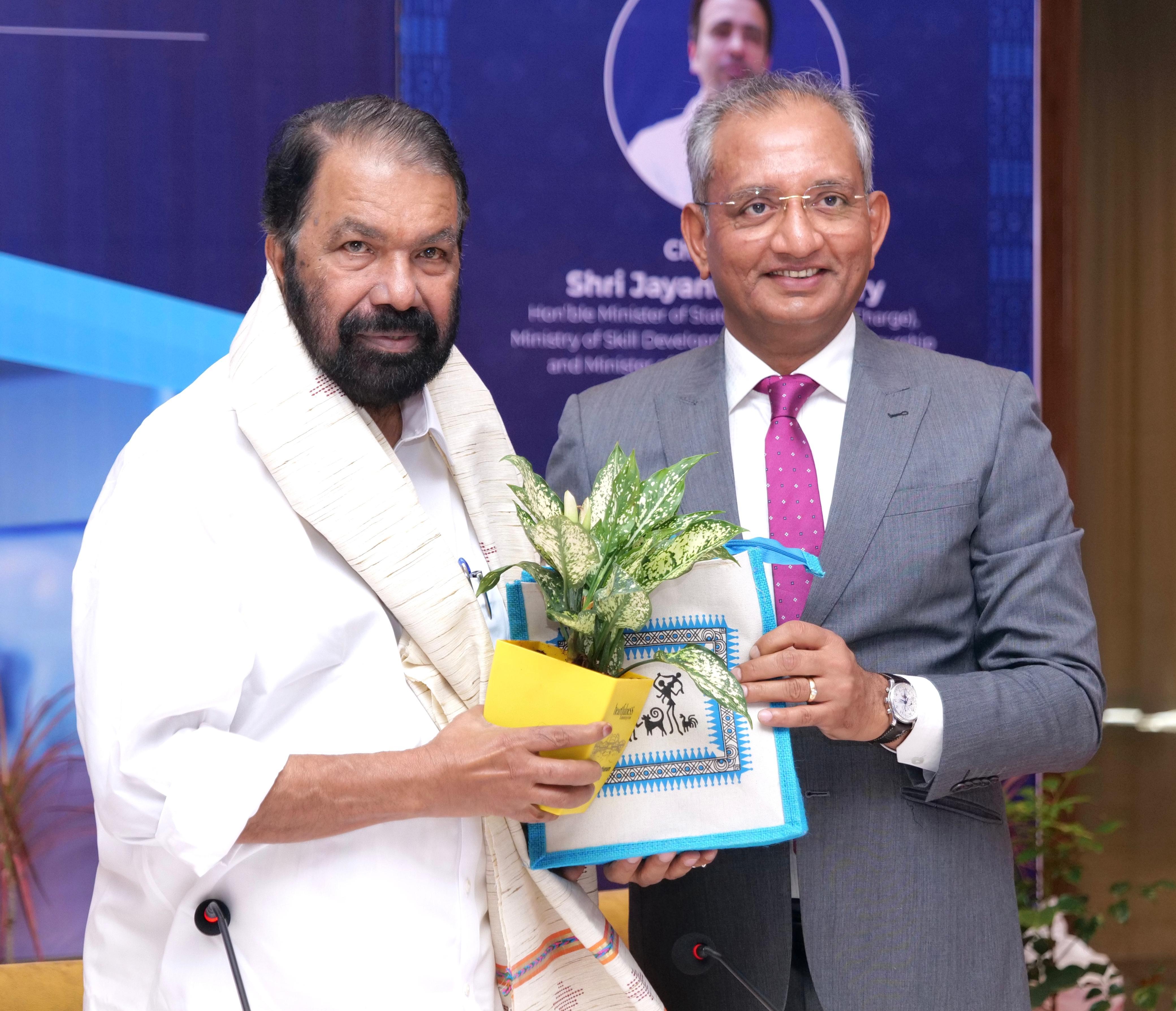
As part of a push towards higher-quality training, Minister Chaudhary also stressed the need for strong faculty development—better pay, better training, and better institutions. He directed that CITS (Craft Instructor Training Scheme) certification be made mandatory for new instructors, particularly in upcoming ITIs, and called for all states to update their Recruitment Rules accordingly.
To strengthen planning, the Minister advocated for a data-driven and decentralized approach—encouraging states to work with district officials and expert bodies like the World Bank to map local skill gaps. He also proposed a grading system for ITIs, to promote accountability and outcome-based performance.
A major highlight of the event was the launch of the National Skill Gap Study, conducted under the MSDE’s SANKALP initiative by NCAER. The study analyzes skill demand across seven high-growth sectors and will help shape more targeted skill strategies.

The Minister also inaugurated India’s first Rural Entrepreneurship Training Program on Biochar, at the Biochar Center of Excellence. This unique initiative trains rural youth in biochar production and application, offering them a chance to become entrepreneurs in their villages. Each unit is projected to create 4–8 seasonal jobs and become financially sustainable within two years through product sales and carbon credit revenue.
Since 2015, over 27.8 lakh candidates have been trained under PMKVY, 4.85 lakh (85% women) under Jan Shikshan Sansthan, and 10 lakh apprentices have been engaged via NAPS, with a ₹215 crore direct benefit transfer in the region.
The workshop also included extensive discussions on aligning local skilling with national goals like Viksit Bharat @2047, upgrading ITIs, expanding apprenticeships, and building stronger industry partnerships. Over 120 officials and ministers from southern states and UTs participated, showing unified support for a more inclusive and future-ready skilling ecosystem.

Andaman & Nicobar Islands: Lt. Governor D.K. Joshi spoke about upcoming port and airport projects creating new skilling opportunities in logistics, hospitality, and marine industries.
Karnataka: Minister Dr. Sharanprakash Patil highlighted the state’s global-ready approach with 270 ITIs and international placement in areas like nursing and language training.
Kerala: Minister V. Sivankutty praised schemes like PMKVY and SANKALP for helping build skill capacity in critical sectors like ports and logistics, while calling for continued support to ensure job placement for every trained youth.
The Kaushal Manthan event showcased a growing consensus: the future of skilling in India lies in customized, outcome-oriented programs—driven by local insights, global trends, and a shared commitment to youth empowerment.





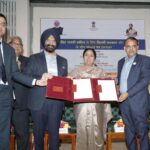










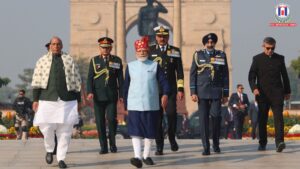
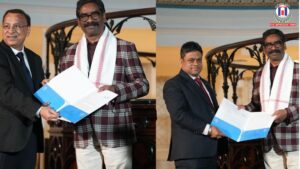

No Comments: